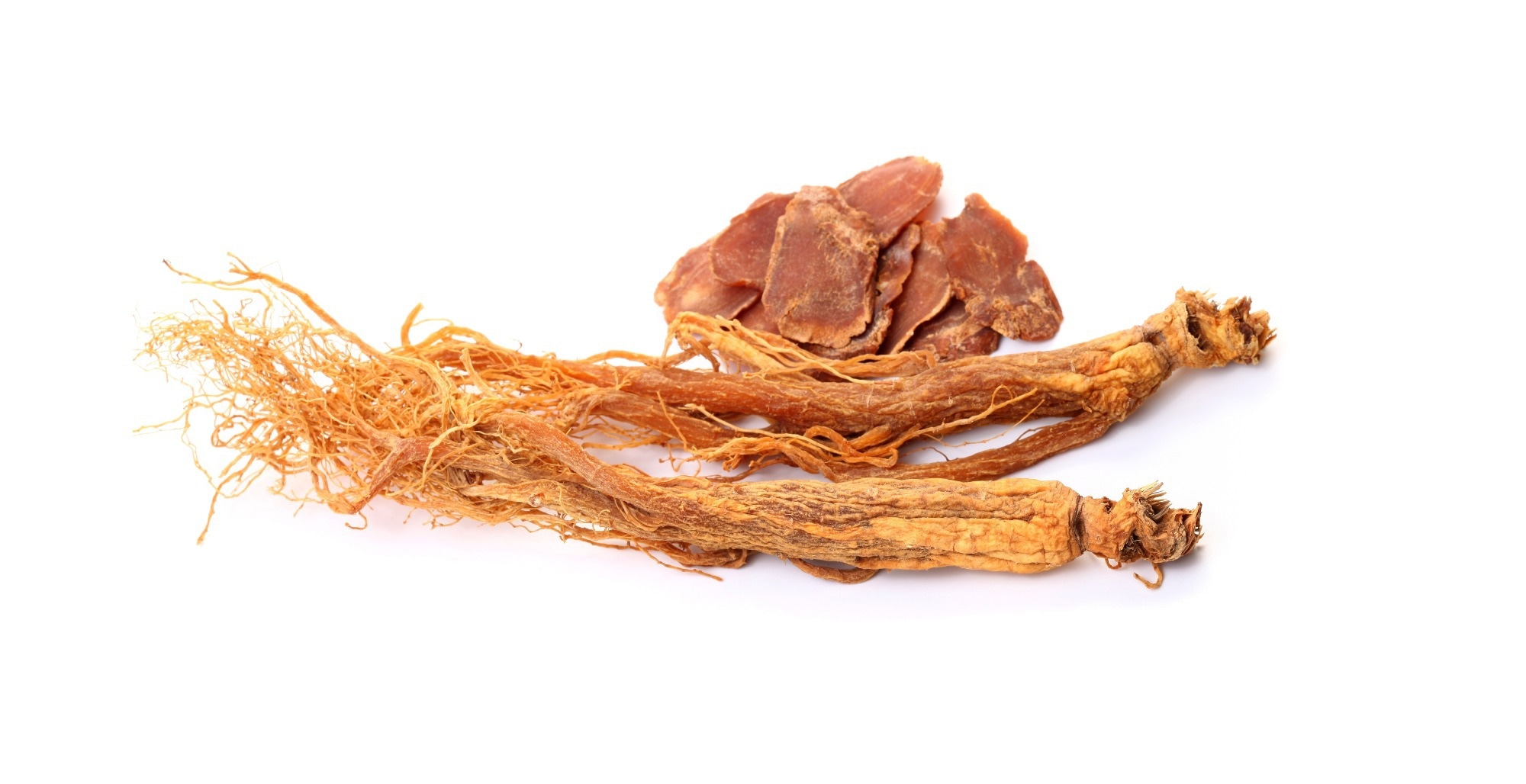New research reveals that red ginseng extract powder enhances glycemic control and insulin sensitivity in prediabetic adults—offering a natural alternative for managing blood sugar levels.
 Study: Efficacy and safety of red ginseng extract powder (KGC05pg) in achieving glycemic control in prediabetic Korean adults: A 12-week, single-center, randomized, double-blind, parallel-group, placebo-controlled study. Image Credit: zhengchengbao / Shutterstock
Study: Efficacy and safety of red ginseng extract powder (KGC05pg) in achieving glycemic control in prediabetic Korean adults: A 12-week, single-center, randomized, double-blind, parallel-group, placebo-controlled study. Image Credit: zhengchengbao / Shutterstock
Researchers at the Korea Ginseng Corporation Research Institute, Republic of Korea, have conducted a randomized controlled trial to evaluate red ginseng extract powder's safety and therapeutic efficacy.
The trial report, published in the journal Medicine, describes how the extract might be effective in controlling blood glucose levels in prediabetic Korean adults.
Background
The prevalence of type 2 diabetes is increasing rapidly worldwide as a consequence of changes in lifestyle and dietary habits. A survey conducted by the International Diabetes Federation in 2021 reported that approximately 537 million people live with diabetes, 319 million people have impaired fasting glucose, and 541 million people have impaired glucose tolerance worldwide.
In Korea, one in every seven adults lives with diabetes, and about 9.48 million people have impaired fasting glucose, as reported in the 2020 Korean Diabetes Association Fact Sheet.
Korean red ginseng is produced by steaming and drying fresh, unpeeled ginseng. It is widely used as a traditional herbal medicine in East Asian countries, including Korea, China, and Japan.
Traditional medicine and previous research suggest that Korean red ginseng may have multiple health benefits, such as maintaining liver, heart, lung, kidney, and spleen functionality, boosting immunity, improving vision, ameliorating physical weakness, promoting longevity, generating body fluid and relieving thirst, improving memory and learning, preventing male infertility, and improving hypertension and diabetes. However, these effects were not tested in the current study.
Considering these potential health benefits, the current randomized controlled trial was designed to evaluate the safety and efficacy of red ginseng extract powder in achieving glycemic control in prediabetic Korean adults.
Trial Design
The trial involved 98 prediabetic patients who were equally randomized into the intervention group and the control group.
The intervention group participants received red ginseng extract powder at a dose of 500 milligrams per day twice daily for 12 weeks. The control group participants followed the same regimen with a matching placebo compound.
The participants were assessed at baseline and after the 12-week treatment for various glycemic control-related parameters, including fasting blood glucose, oral glucose tolerance, glycated hemoglobin (HbA1c), insulin resistance, and metabolic hormones and mediators.
Trial Findings
The trial findings indicated that red ginseng extract powder led to significant improvements in fasting blood glucose level, glycated hemoglobin level, and oral glucose tolerance in prediabetic adult patients following a 12-week treatment regimen.
Regarding insulin resistance, the trial revealed that the extract was associated with improvements in insulin resistance, C-peptide level (a measure of insulin production), and insulinogenic index (a surrogate measure of insulin production) following a 12-week treatment.
The trial also measured blood levels of glucagon, adiponectin, and glucagon-like peptide-1, as these hormones are associated with glycemic control and insulin sensitivity. The findings revealed significant improvement in hormonal profiles among participants who consumed red ginseng extract powder for 12 weeks.
Notably, the trial showed that the treatment with red ginseng extract powder was linked to a time-dependent reduction in dipeptidyl peptidase-4 (DPP-4) levels. DPP-4 is a multi-functional protein that binds to and degrades glucagon-like peptide-1. DPP-4 inhibitors are widely used as anti-diabetic medications.
Regarding safety, the trial found no cases of treatment-related adverse events or serious adverse events in each treatment arm.
Trial Significance
The trial highlights the potential of red ginseng extract powder in controlling the blood glucose profile in prediabetic patients without triggering any health adversities.
The primary aim of the trial was to assess the efficacy and safety of red ginseng extract powder in achieving glycemic control. The antihyperglycemic effect of red ginseng extract powder observed in this trial may be linked to mechanisms suggested in previous research.
Although the study did not specifically analyze oxidative stress or inflammation markers, previous animal studies suggest that ginsenoside Rg3, the main component of ginseng, exerts an antihyperglycemic effect by upregulating glucagon-like peptide-1 via the sweet taste receptor-mediated signal transduction pathway.
Regarding improvement in insulin resistance by red ginseng extract powder, previous studies have shown a relationship with adipocyte hypertrophy. While this trial did not investigate adipocyte changes, studies suggest that ginsenoside Rg3 can effectively improve obesity-induced insulin resistance via the STAT5-PPARγ pathway.
In animal models of obesity, it has been found that red ginseng extract powder improves insulin resistance by inhibiting adipocyte hypertrophy.
The time-dependent reduction in DPP-4 levels observed in the intervention group could be linked to alkaloids, one of many bioactive compounds abundant in red ginseng extract powder. While this study did not analyze alkaloids specifically, previous research suggests that alkaloids play an active role in inhibiting DPP-4 activity, preventing advanced glycation end-product formation, increasing insulin production and secretion from pancreatic β-cells, and enhancing glucose uptake from the circulation.
Based on this evidence, it is possible that alkaloids present in red ginseng extract powder act as a DPP-4 inhibitor, preventing DPP-4-mediated degradation of glucagon-like peptide-1 and subsequently helping achieve glycemic control.
As researchers mentioned, this trial has some limitations. It was a small-scale, single-center trial involving only Korean adults, which restricts the generalizability of its findings. Multicenter trials involving diverse populations would be needed to confirm these results and assess broader applicability. Additionally, this study did not investigate whether long-term use of red ginseng extract powder could reduce the risk of diabetes-related complications.